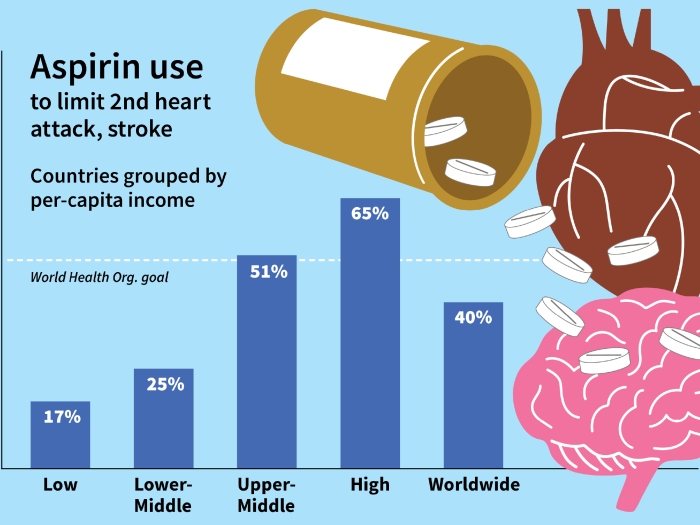An expert explains the difference between having a heart attack and experiencing chest pain from heart disease, along with the warning signs of each.
3:06 PM
Author |
Are you having a heart attack or experiencing chest pain that's related to heart disease?
"It's important to understand the difference between the two," says Eryn Smith, M.S., PA-C, a physician's assistant in Michigan Medicine's Frankel Cardiovascular Center, since they may feel similar, but a heart attack requires immediate medical attention.
"Angina, a symptom of heart disease, is when the arteries of the heart are narrowed down, but not completely closed off. This is very different than a heart attack. A heart attack is when the arteries of the heart suddenly close off and the sudden closure causes a sensation of chest pain," Smith explains.
Signs of a heart attack include:
- Uncomfortable pressure, squeezing, fullness or pain in the center of the chest that comes on quickly and won't go away with rest.
- Pain or discomfort in one or both arms, the back, neck, jaw or stomach.
- Shortness of breath with or without chest discomfort.
- Other signs such as breaking out in a cold sweat, nausea or lightheadedness.
(If you're experiencing any of these symptoms, call 9-1-1 immediately.)
Signs of angina include:
- Chest pain, usually present during exertion.
- Pain or discomfort subsides with rest.

Explore a variety of healthcare news & stories by visiting the Health Lab home page for more articles.

Department of Communication at Michigan Medicine
Want top health & research news weekly? Sign up for Health Lab’s newsletters today!





